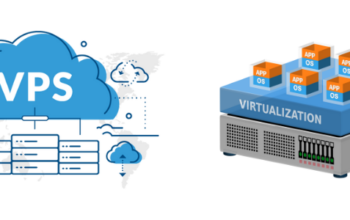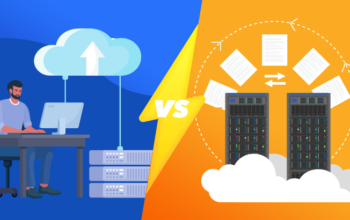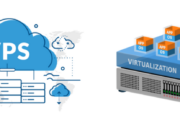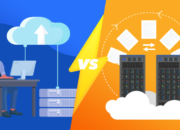Uzone.id – The face of cloud computing is changing quickly, and new findings from a survey by the Cloud Security Alliance (CSA) have shed light on this evolution. The survey found that a stunning 67% of respondents had already shifted sensitive data into public cloud environments. This demonstrates a marked movement towards cloud-based solutions even as worries about the security and regulatory compliance of data continue.
Why Businesses Love Public Cloud Platforms
The scalability and accessibility offered by public cloud platforms are increasingly appealing to businesses. According to the CSA survey, adoption is being driven mainly by cost-effectiveness and operational flexibility; many enterprises see these technologies as essential for modernizing their IT infrastructure so they can become more agile in responding to market demands.
“Organizations are storing their sensitive data in public cloud environments with a growing use of Confidential Computing to protect workloads and ensure trust,” said Hillary Baron, Senior Technical Director for Research at the Cloud Security Alliance.
Security And Compliance Challenges Must Be Overcome
There are still significant challenges around protecting data whilst staying compliant once it has been moved off-site during adoption phases according to this study. It also found that 48% of those polled had reservations about how safe information is when stored elsewhere – indicating an industry-wide need for robust cyber-security measures that guard against threats while meeting different regulatory requirements.
Respondents were addressing these difficulties through installing heightened security protocols alongside encryption technology plus identity/access management systems; all supported by regular audits designed not only to mitigate potential risks but also build confidence within organizations relying on clouds for storage solutions.

The Various Drivers Behind Cloud Adoption: More Than Just Cost
Another point highlighted by the report was that people should not think about benefits purely in terms of savings made but rather improved accessibility and better collaboration tools. These were cited across sectors where scaling necessary due to the fast-paced nature of the digital world we live in today requires agility thus firms cite things like ease of working together more seamlessly as reasons behind moving their operations onto such platforms.
For example, this means that even though employees may not work in the same location they can still use cloud computing services which allow them to share information securely while working jointly on various projects during different time zones.
What To Expect When Considering Moving To The Cloud
Based on trends seen thus far experts anticipate further growth being driven by areas like AI, ML and IoT. These technologies depend heavily upon larger frameworks such as those provided through public providers who offer considerable storage capacity for processing large volumes of data sets necessary when delivering next-level solutions.
The future looks bright in terms of how many organizations will adopt these new systems into what are currently manual environments; however, it is important that businesses do so with care because if done incorrectly there could be serious consequences down the line both from an operational perspective but also legally which might otherwise have been mitigated against had proper procedures been followed at time initial implementation took place.
Robust Access Controls: This includes implementing multi-factor authentication (MFA) and role-based access controls (RBAC) to restrict entry points into sensitive data systems.
Data Encryption: Encrypting data whether in transit or at rest is important in order to prevent unauthorized access.
Employee Training: Creating awareness among staff members about phishing attacks, social engineering scams and other security best practices.
The results of the CSA survey demonstrate that organizations are increasingly relying on cloud-based services for their data management needs. However, as more businesses adopt these technologies it becomes even more vital for them to have strong security measures and compliance frameworks in place. Such a move will enable companies to utilize cloud platforms securely while propelling their digital transformation endeavors forward.
















